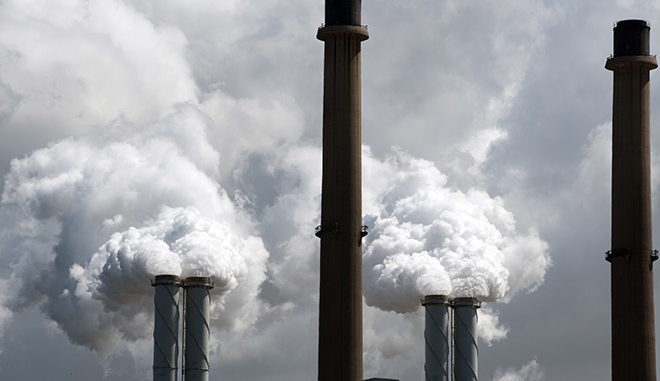
Views: 17
In the article “The case of a supply-side climate treaty,” published this week in the prestigious Science magazine, Norwegian researchers are advocating the creation of a climate agreement between oil, coal and gas producers. According to the researchers, such an agreement would increase the likelihood of reaching the two-degree goal of the Paris Agreement.
The article is written by nine Norwegian economists internationally recognized by the University of Oslo, Statistics Norway, OsloMet and the Norwegian University of Environmental and Life Sciences.
Source UIO University: – If the supply of fossil fuels is reduced, international prices of fossil fuels will increase. Countries with ambitious climate targets can therefore have a greater impact on their measures under the Paris Agreement. Rising prices prevent demand from shifting to other less ambitious countries because of carbon leakage, explains one of the researchers, Professor Karine Nyborg of the University of Oslo.
– Rising international prices will also encourage business and research communities to develop new low-emission technologies – not just in countries that have an active and efficient climate policy, but in all countries, adds co-author Taran Fæhn, research director. from Statistics Norway.
The article argues that this need not be an expensive policy. If the Paris agreement is successful, oil, coal and gas production will be in line with consumption anyway. A concomitant supply restriction will have no additional effect on emissions, but will not cause damage either. On the contrary, according to the authors of the article, it can make climate policy cheaper by driving away investments in fossil fuel exploration and extraction that will later prove unprofitable.
If, on the other hand, the Paris Agreement fails, an international restriction on the supply of fossil fuels will ensure that the world still avoids the worst climate change. Thus, such agreement acts as an insurance scheme.
If various types of measures are opened in international climate cooperation, emissions reduction costs will usually fall for each country. A coalition of producing countries makes contributions even more effective. In addition, exporting countries will benefit from higher prices for their fossil fuels.
Many fossil fuel producers have so far been reluctant to make promises in the Paris Agreement. Putting supply-side politics in climate policy can involve these countries. Producer countries will lose untouchable resources, but will benefit from rising international fuel prices, says Professor Geir Asheim of the University of Oslo, who coordinated work on the article.
Authors:
Geir B. Asheim (teacher, UiO) Karine Nyborg (teacher, UiO), Bård Harstad (teacher, UiO) Michael. O. Hoel (Emeritus Professor, UiO), Diderik Lund (Emeritus Professor, UiO), Mads Greaker – Professor, OsloMet (Oslomet.no), Knut Einar Rosendahl – Professor at the Norwegian University of Environmental and Life Sciences (nmbu.no)

Leave a Reply